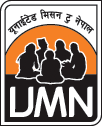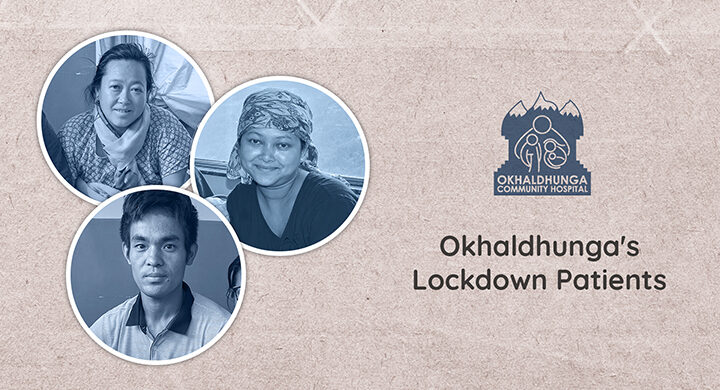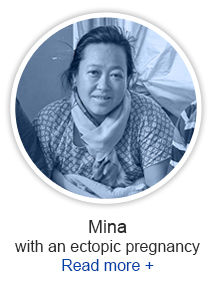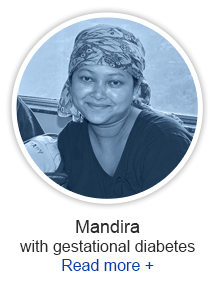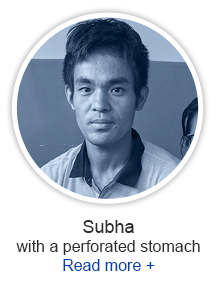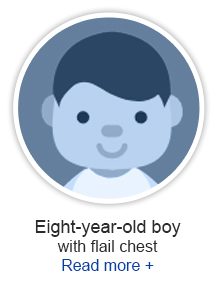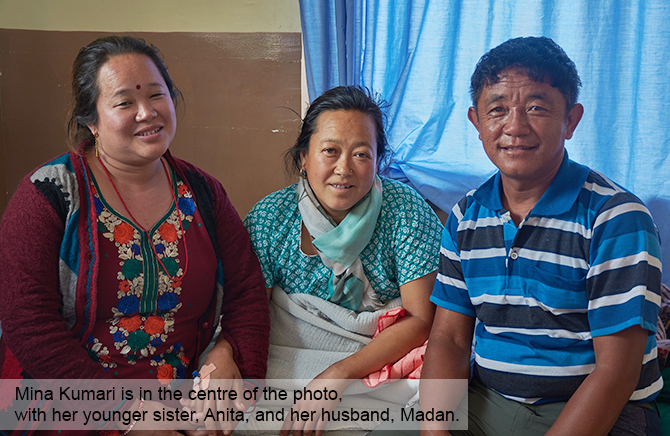
Ectopic pregnancy – Mina Kumari was referred to us from Solukhumbu district, which is immediately to the north of Okhaldhunga, and stretches right up to the Tibetan border. Mt Everest lies on this border between Nepal and Tibet. The district hospital is at Phaplu which is a three-hour ride in a vehicle to Okhaldhunga Hospital. Her home is 5 hours walking (or two and a half hours by vehicle) from Phaplu.
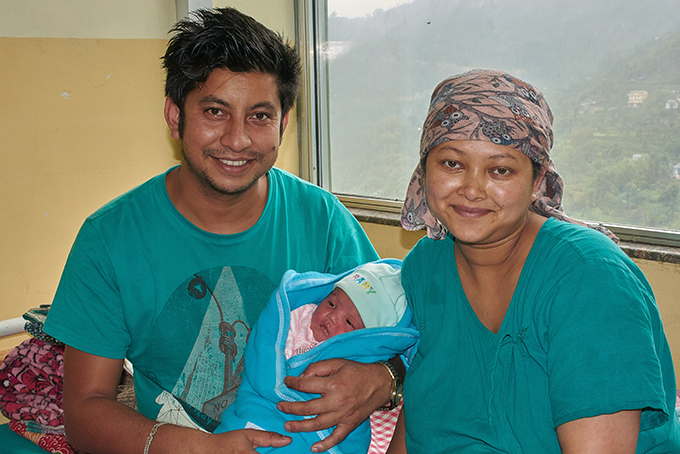
Gestational diabetes – Mandira developed gestational diabetes in her second pregnancy about 5 weeks before her due date. Additionally, her blood pressure increased (which sometimes happens in late pregnancy). She needed increasing doses of insulin to help control her blood sugar and treatment for her blood pressure. She had had a previous caesarean section for her first pregnancy. This is a difficult situation managing the needs of the mother and baby. Diabetes in pregnancy can lead to all sorts of problems, the most serious of which is sudden intrauterine foetal death.
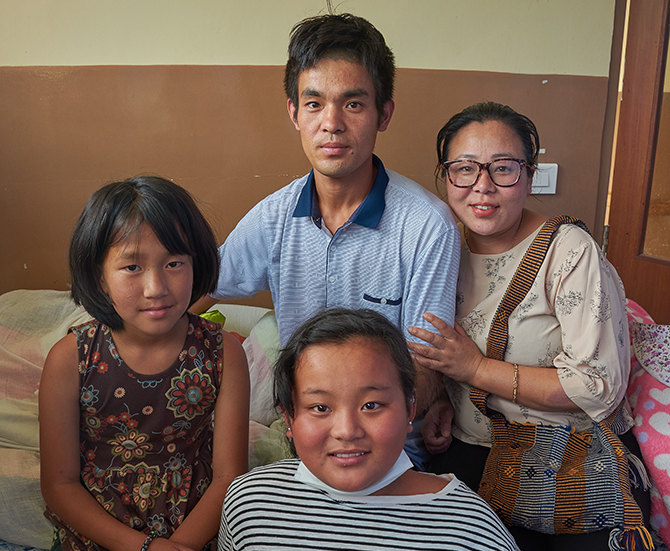
Perforated stomach – Subha Raj is a real local at Okhaldhunga Hospital. He lives in the village of Sobru, where the hospital is located. Otherwise healthy, he developed sudden abdominal pain one morning, and was diagnosed with an acute perforation of his stomach or intestine. He needed an urgent abdominal operation, which revealed that he had perforated his stomach and there was stomach acid leaking out into his abdomen. This was repaired by our senior Nepali doctor. He recovered well as can be seen by this photo which shows him one week later, with two younger sisters and his aunt, Shanti, who is one of our operating theatre nursing staff.
Flail chest – This boy fell off a ladder and sustained blunt trauma to the right side of his chest. He developed a flail chest, which is the result of one or more ribs fracturing in two places. This is potentially life-threatening. On the day of arrival, he was stable, but the next day his condition deteriorated, and our Nepali doctors expertly inserted a chest drain into his chest. He had at least 250ml of blood in his chest which was drained away. He was given a blood transfusion. He slowly improved, the chest drain was removed and he left before we could ask to take his photo or confirm where he was from!
